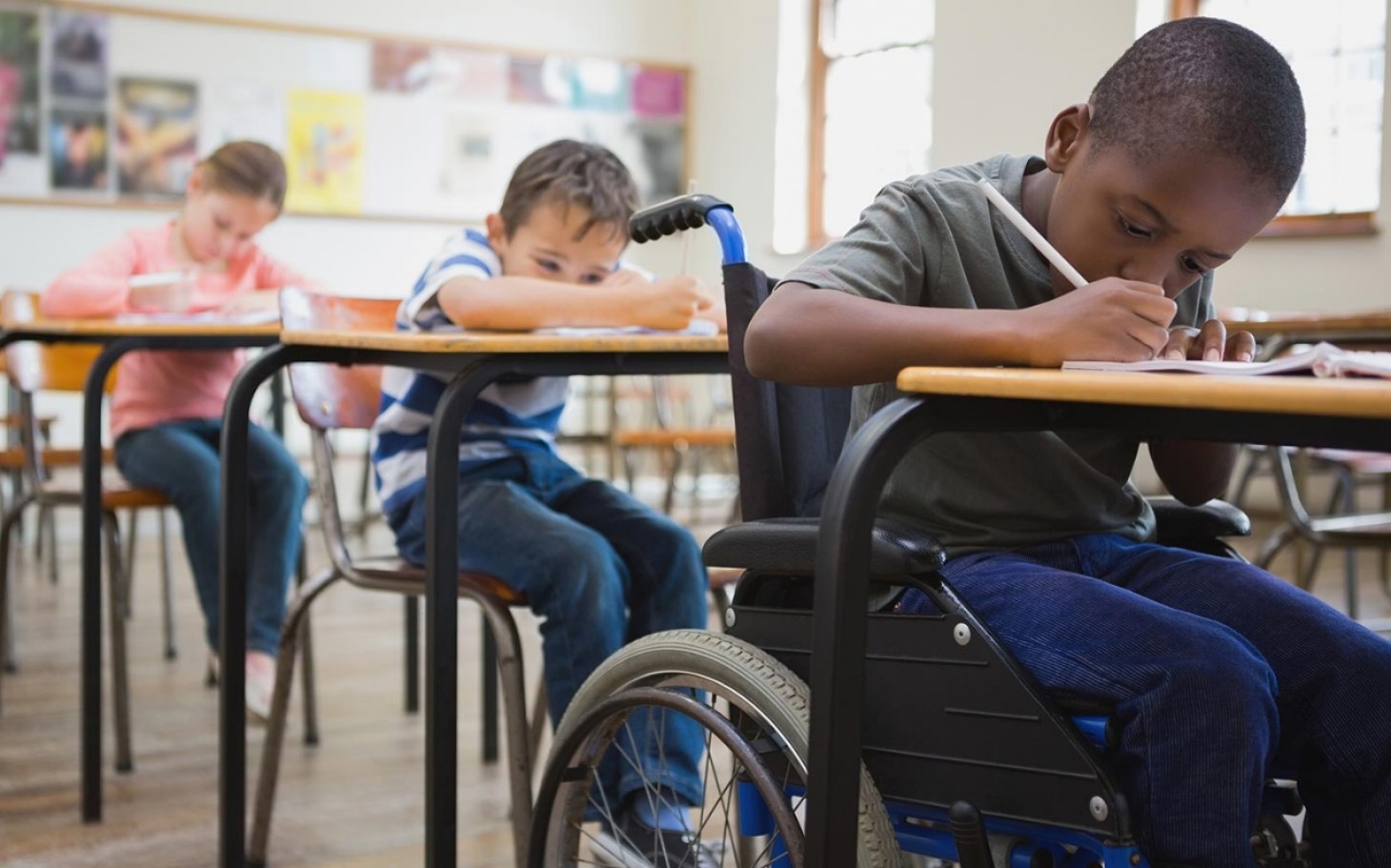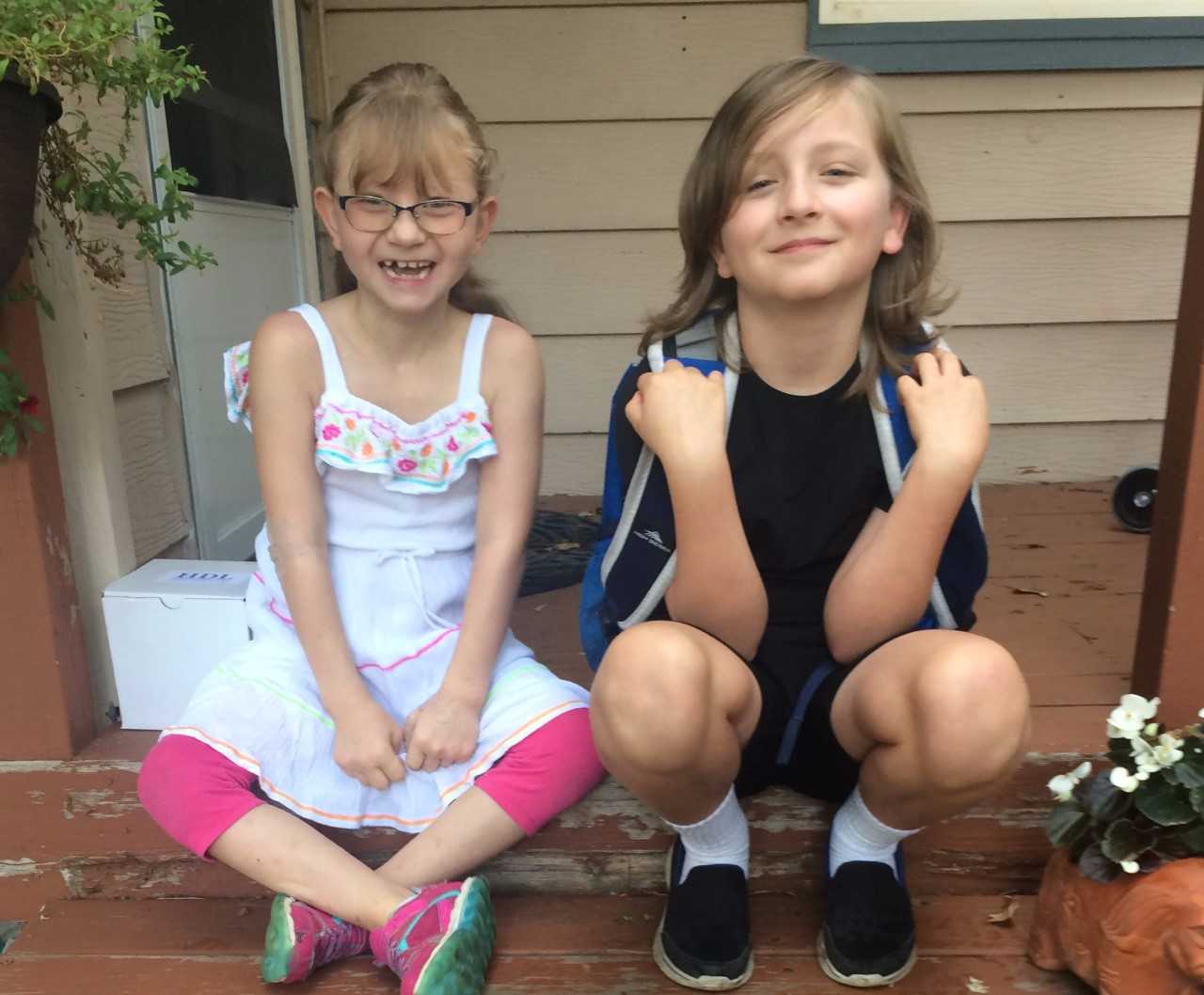A Glimmer of Hope? Why “Minimum Progress” is No Longer Acceptable for our Children

A Glimmer of Hope?
Why “Minimum Progress” is No Longer Acceptable for Our Children
It has been 6 months since the United States Supreme Court issued its decision in a special education case, Endrew F. v. Douglas County Public Schools. In that case, the Supreme Court was tasked with deciding whether the student, Endrew F., received a free and appropriate public education (FAPE) as required by the Individuals with Disabilities Education Act (IDEA).
Endrew F. was a student at Douglas County Public Schools in the Denver-metro area. He has autism, and received service through an Individualized Education Program (IEP). An IEP is the plan that the parent and the school put together each year to define the specialized instruction, accommodations and modifications, and related services the child will need in order to get through the school day and learn. All IEPs have goals for the child. For example, Gracie’s goals include things like maneuvering her walker through doorways without having to be reminded about the wheels, and remembering to look around before she starts moving.
Endrew F.’s IEP had very minimalistic goals that he was meeting, but they did not bring him closer to the academic level of the other kids. He was falling more and more behind each year. In his fourth grade year, Endrew developed behavioral problems, which escalated through the year and became severe by the spring. The school and Endrew’s parents disagreed about how to best accommodate Endrew’s needs in the school environment. Eventually, Endrew’s parents withdrew him from the public school in April of the school year and enrolled him in a private school program, where he is now thriving.

This is where it gets interesting. Endrew’s parents billed the school district for the cost of enrolling Endrew in private school, arguing that he was denied a FAPE. The district, of course, did not pay. The parents engaged in the dispute resolution process, where the hearing officer determined that because Endrew was meeting his IEP goals he was receiving “some educational benefit” that was more than de minimus — more than nothing. The parents appealed, and the 10th Circuit upheld the hearing officer’s decision that because Endrew was making some progress, he was receiving a FAPE. The case made its way to the Supreme Court last fall and was heard in January, 2017.
The Supreme Court ruled that the “more than merely de minimus” standard did not go far enough to ensure that children with disabilities receive a free appropriate public education. The Court determined that schools must offer IEPs that are reasonably calculated to enable a child to make progress appropriate in light of the child’s circumstances. That means that schools can’t just put basic goals on the IEP and call it a day — they must develop goals that will help the child progress in school to the best of his or her capabilities.
I find this whole debate ridiculous given that in 2017, there is still any argument that our children deserve less or barely more than zero results in their educational career. Isn’t it much more expensive for society to not teach them, and to pay for institutional care into their old age? For too long, society has shamefully accepted harmful, dismissive and derogatory limits on our kids’ abilities, even resisting granting them equal access into mainstream classrooms. But no one has a crystal ball to determine how far the human spirit and intellect can overcome its challenges, and clear legal standards with bite will force schools to keep up with scientifically proven methods that work.
Sarah is now in a public middle school with a wonderful special education teacher, excellent support staff and a supportive principal. These dedicated educators relish in Sarah’s quirks, but we are playing catch-up from years of neglect. Without proper guidance from the high court, such a luxury of confidence in our school for families like ours remains an ephemeral condition, which can evaporate as quickly as staff turnover. Now that we have a new standard for meaningful educational benefit, I hope this is the key to opening lines of honest communication with educators about what our kids need for their independence and growth (it’s also the key to avoiding future lawsuits). And I hope that schools will place a new “value” on the education of our children because our kids and their different ways of being are immensely and intrinsically valuable in a world that increasingly lacks humility, compassion and boundless love. ~Written by Julie Marshall, Mom of Sarah

Why, you might ask, am I giving a detailed analysis of the Supreme Court’s decision? Well, there are a couple of reasons. First, I’m Gracie’s mom and I already knew about FAPE and IDEA and IEPs long before this case came down. That’s the world we live in, the world of special education and politely fighting with educators and schools. (Oh, I’m sorry, it’s called advocating.) And second, because there are many, many other parents and caregivers out there who also spend way too many hours advocating for their special needs children. It’s what we do.
The Endrew F. case provides a glimmer of hope for parents of children with unique learning needs. Because of Endrew F., schools have a little more accountability. It’s not just “take it or leave it” at the IEP meeting anymore — the schools are now obligated to provide an education that is reasonably calculated to help the child learn to the best of his or her ability. Parents should insist on IEP goals that are designed to push their children to their full potential and for regular progress reports to ensure these goals are being met.
As parents, we want what’s best for our children, regardless of their abilities. As Gracie’s mom, I want her to be challenged academically but accommodated physically so that she does not become exhausted from school and end up in the hospital. I will be much more conscientious of her IEP goals from now on, making sure they are designed to help her grow with her peers. I am hopeful that the Endrew F. decision will become a well-utilized tool in every parent’s IEP toolbox, so that we can all work together with the schools to help our children learn and grow. After all, that’s what we do….It’s called advocating, and we’re all experts at it.
Editor’s Note: Do you want to dig into more information on this court decision? We highly recommend the WrightsLaw website for extensive legal information about a variety of special education topics. Their recent newsletter has multiple articles on the implications of the Endrew F. decision.

